By Chris Meredith, SVP EMEA at Xsolla
The European Union is known for not shying away from taking the first steps towards change, and the Digital Markets Act (DMA) is its latest bold move. Designed to rein in big tech’s power and level the playing field for smaller competitors, the DMA’s ripple effects are already being felt across Europe, especially in the Nordic countries, where innovation and digitalisation have long been the cornerstones of daily life.
But amid all the technical jargon and legalese, one fundamental shift could profoundly alter the digital economy: how we pay. For years, a few major players have dominated payment ecosystems in Europe and the world. However, significant players’ grip is loosening with the DMA in effect.
Breaking the power big tech holds
At its core, the DMA targets the biggest digital companies. The rules of the DMA are only applicable to operations in Europe, meaning that the gatekeepers must ensure their platforms are interoperable and less restrictive and their payment systems are critically open to competition when operating in these territories.
For years, Apple has had the choice of which payment services could operate within its ecosystem, meaning more often than not, app developers and consumers would rely on its proprietary Apple Pay service. Now, the DMA mandates that gatekeepers—like Apple—must allow third-party payment options. This means that developers can offer alternative payment systems, which could reduce transaction fees that gatekeepers have long levied—fees that, by some estimates, can range from 15% to 30%.
The impact may take some time for users, but the knock-on effect is significant. With more competition, there’s the potential for lower fees, a broader range of services, and, ultimately, more choice.
Impact on the video game industry
The video game industry, particularly mobile gaming, is another sector likely to feel the effects of the DMA. Major platforms like Apple’s App Store and Google’s Play Store have dominated. As a result, game developers have chosen to use their in-house payment systems for in-app purchases, meaning developers have faced commissions—up to 30%—on every transaction. This has been a source of frustration for many game companies, from indie developers to large publishers.
With the DMA’s legislation impacting businesses in Europe, game developers should begin to see the benefits of more third-party payment options, allowing them to choose from various alternative payment solutions. This could lead to lower gaming costs when purchasing in-game items or subscriptions, ultimately increasing the revenue flowing directly to developers. In the Nordics, where gaming giants play a critical role in the economy, the DMA could offer a new opportunity to increase profits, potentially spurring even more investment in game development.
Facing the challenges that lie ahead
The Digital Markets Act heralds a new era of competition and choice, but it’s not without challenges. Transitioning to a more open payment ecosystem requires significant technical adjustments and regulatory oversight. Ensuring interoperability between various payment systems and maintaining high-security standards will be critical.
There’s also the question of how consumers perceive and adopt these changes. Changing ingrained habits is never easy despite the potential for lower costs and greater choice. The success of the DMA will hinge on effective communication and education efforts to make consumers aware of their new options and the benefits they bring.
Welcoming innovation
The DMA’s vision is clear: a fairer, more open digital market where innovation can flourish and consumers are empowered. As these regulations come into force, all stakeholders in the digital economy must collaborate to ensure that the spirit of the DMA is acknowledged.
Ultimately, the shake-up could unleash a torrent of innovation in the payments sector. When the barriers to entry are lowered, we can expect a surge of new players bringing fresh ideas to the market. This could range from enhanced security features to more user-friendly interfaces and entirely new payment models that we can’t even imagine yet. The increased competition will push all players to continuously improve their offerings, benefiting everyone, whether it’s the consumer or the business.
Article disclaimer: The information provided here is for informational purposes only and should not be relied upon as a substitute for professional legal advice. For specific legal questions or concerns, it is recommended to consult with a qualified attorney.



